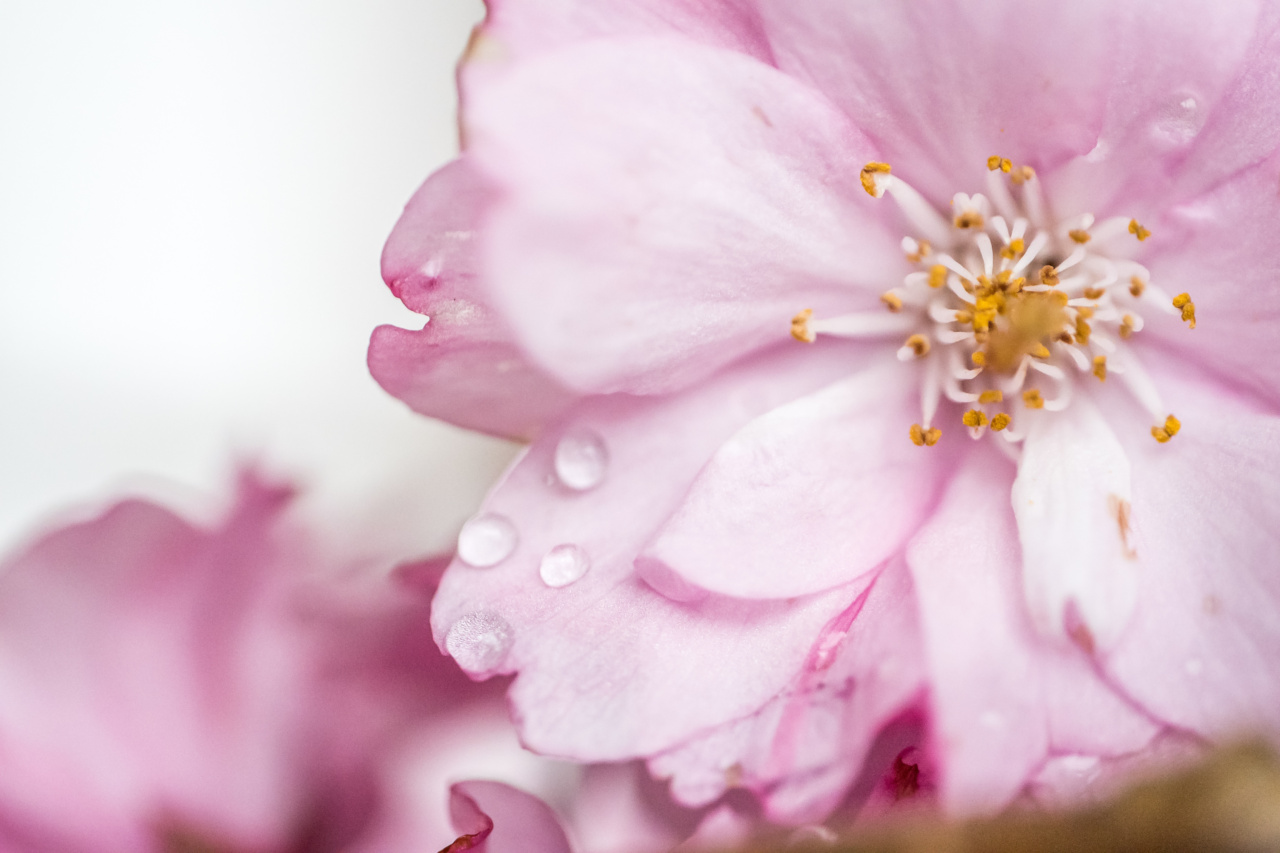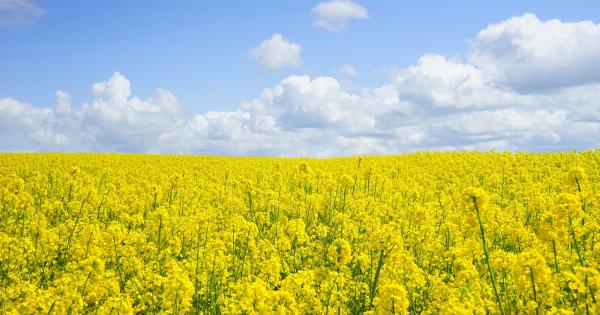Spring is a season that many eagerly await after the cold winter months. However, for some individuals, it also marks the onset of a battle with seasonal allergies and the inevitable arrival of spring pollen.
Pollen, although seemingly harmless, is the cause of numerous health issues for millions of people worldwide. Despite its pervasive presence during this time of the year, spring pollen is often taken too lightly. In this article, we delve into the reasons why spring pollen should not be underestimated.
Allergies and Allergic Reactions
Pollen serves as a common trigger for allergies and allergic reactions, specifically hay fever, which affects a significant portion of the population.
Allergies occur when the immune system overreacts to harmless substances, such as pollen, treating them as dangerous invaders. This immune response often leads to symptoms such as sneezing, itchy eyes, nasal congestion, and even asthma attacks in severe cases.
Pollen Season and Pollen Count
Springtime is known as the peak season for pollen production by various plants. Trees, grasses, and flowering plants release pollen into the air as part of their reproductive cycle.
The concentration of pollen in the atmosphere, known as the pollen count, varies throughout the season. High pollen counts can significantly aggravate allergy symptoms, making it essential to monitor pollen forecasts and take necessary precautions.
Health Impacts
Prolonged exposure to spring pollen can have significant health implications. Allergies, if left untreated, can lead to chronic sinus problems and recurring respiratory infections.
The constant inflammation in the airways caused by allergic reactions can also contribute to the development of asthma, a chronic respiratory condition that can be life-threatening for some individuals. It is crucial to recognize the potential seriousness of these health impacts and take appropriate measures.
The Importance of Awareness
One reason why spring pollen is often taken lightly is the lack of awareness regarding its effects.
Many individuals dismiss their symptoms as common colds or attribute them to other causes, unaware that they are actually experiencing an allergic reaction to pollen. Raising awareness about the prevalence and consequences of seasonal allergies can help people seek appropriate treatment and preventive measures.
Coping Strategies
While it may seem impossible to completely avoid spring pollen, there are several strategies to help reduce exposure and alleviate symptoms:.
1. Monitor Pollen Forecasts
Stay informed about local pollen counts by checking reputable sources or using smartphone apps. This knowledge can help you plan outdoor activities accordingly, avoiding peak pollen times.
2. Minimize Outdoor Activities
Limit your time spent outdoors when pollen counts are high, particularly in the early morning and late afternoon. Opt for indoor exercises or activities during these periods.
3. Keep Windows Closed
To prevent pollen from entering your home, try to keep windows closed during peak pollen times. Use air purifiers or filters to ensure clean indoor air.
4. Practice Good Personal Hygiene
After spending time outdoors, make sure to wash your face, hands, and hair to remove any pollen particles. Additionally, changing clothes and taking a shower before bedtime can help minimize exposure during sleep.
5. Use Protective Measures
Wearing sunglasses and a wide-brimmed hat can help minimize direct contact between pollen and the eyes, reducing eye allergy symptoms. If gardening or engaging in outdoor activities, consider wearing a mask to filter out pollen.
6. Explore Medication Options
Over-the-counter antihistamines and nasal sprays can provide temporary relief for allergy symptoms. Consult with a healthcare professional to determine which medications are suitable for you and whether prescription treatments may be necessary.
7. Allergy-Proof Your Home
Implement measures to reduce pollen presence indoors, such as regularly vacuuming, dusting, and washing bedding in hot water. Consider using allergen-proof covers for mattresses and pillows.
8. Seek Professional Advice
If your allergy symptoms are severe or persisting despite self-care measures, it is advisable to consult an allergist or immunologist. They can conduct tests to identify specific allergens and develop an appropriate treatment plan.
Conclusion
Spring pollen should never be underestimated, as it can have significant health implications for individuals susceptible to allergies and allergic reactions.
Understanding the impact of pollen, monitoring pollen counts, and adopting appropriate coping strategies can help minimize symptoms and improve overall quality of life during the spring season. By not taking spring pollen lightly, we can better protect ourselves and make the most of this beautiful time of the year.































